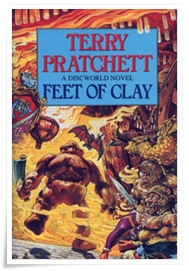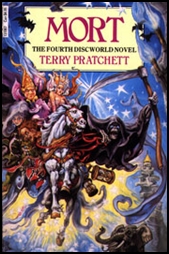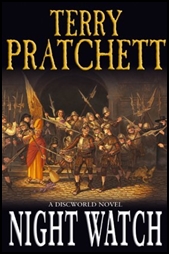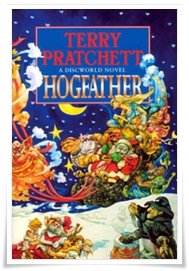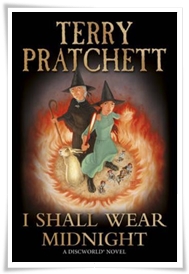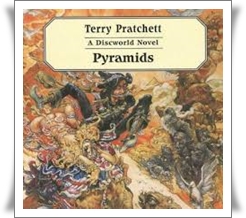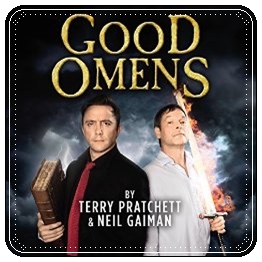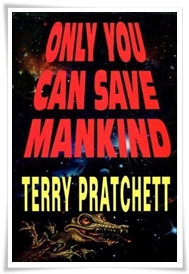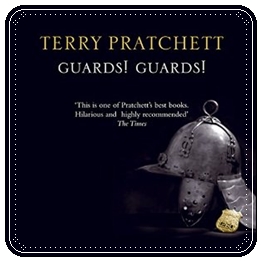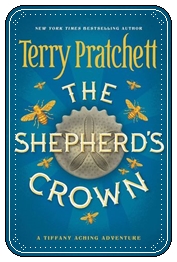Feet of Clay
by Terry Pratchett (Victor Gollancz, 1996); audiobook read by Nigel Planer (ISIS, 1999)
Feet of Clay continues the examination of racism (on the Discworld, species-ism) begun in Men at Arms, adding little except welcome reiteration. Although the golems make for interesting characters, Fred Colon and Nobby Nobbs—two of Pratchett’s less explicably favoured creations—don’t.

